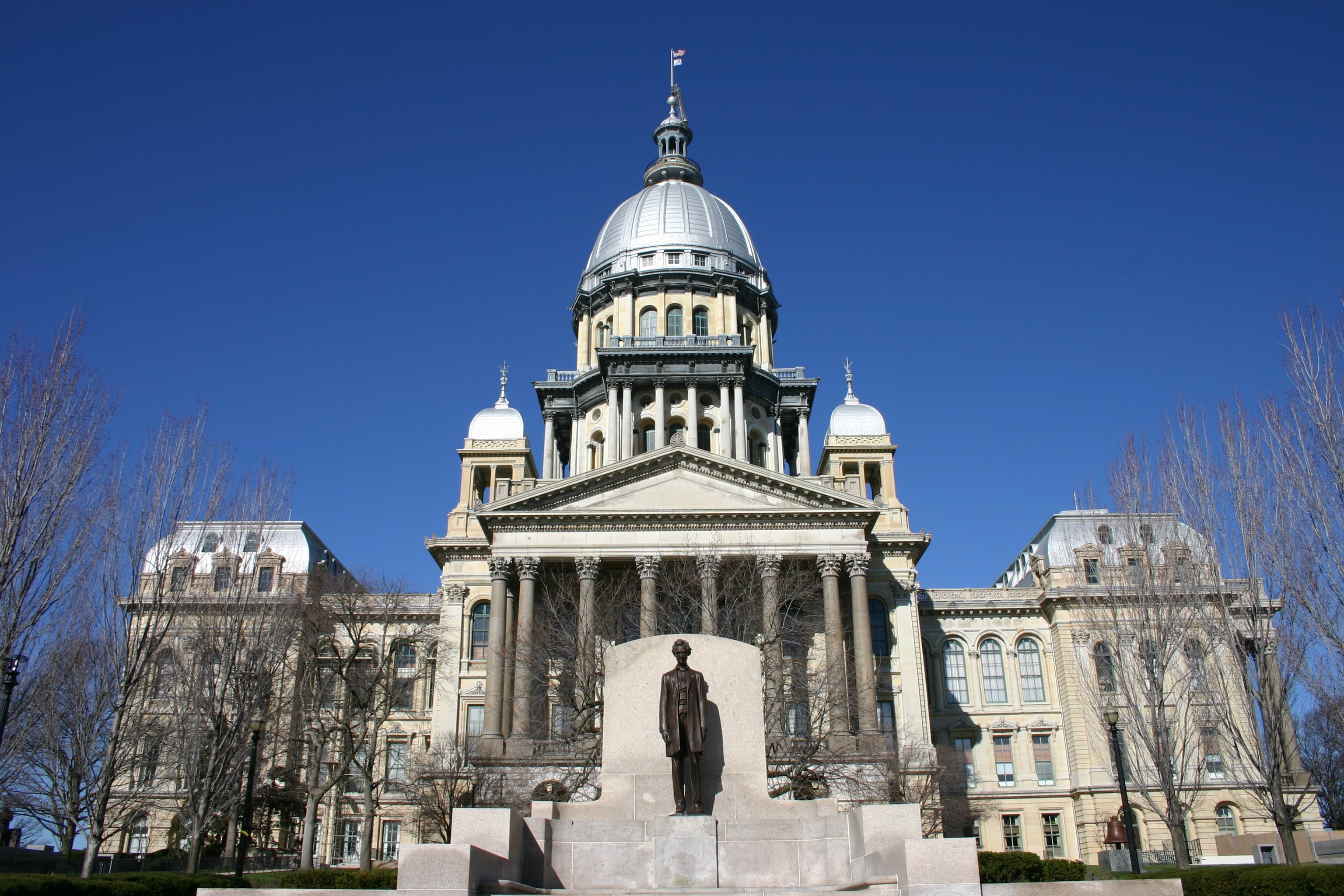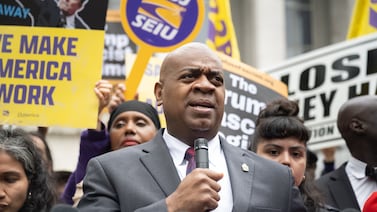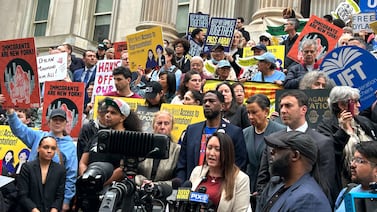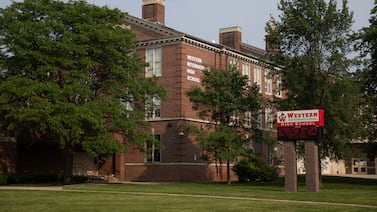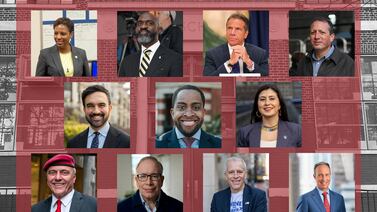Sign up for Chalkbeat Chicago’s free daily newsletter to keep up with the latest education news.
The Illinois legislative session ended with much fanfare last week — a week after it was scheduled to end. Lawmakers worked overtime to pass the state’s fiscal year 2025 budget and other outstanding legislation, including a number of education bills.
While many bills gained traction at the capitol, several education bills did not pass.
Despite Republican and Democratic lawmakers alike criticizing the $53.1 billion spending plan, it eventually passed both chambers of the General Assembly.
On Wednesday, Gov. J.B Pritzker signed the budget, which goes into effect July 1. The state’s latest budget includes a statewide child tax credit for low-income families who have children under the age of 12, funding increases for early childhood education and K-12 schools, and $50 million for afterschool and summer programs.
The state also passed a bill that would create the state’s Department of Early Childhood, but here are a few bills that didn’t make it to the governor’s desk this legislative session.
Education bills that stalled during session
Police in some Chicago schools: House Bill 5008 would have allowed local school councils to contract directly with Chicago Police Department for school resource officers. This bill was a direct response to the Chicago Board of Education vote earlier this year to unilaterally remove police on school campuses around the city. The measure did not make it past the House.
Selective enrollment schools: House Bill 303 stirred a lot of controversy during the spring legislative session. The first version of the bill would have prevented the Chicago Board of Education from making any changes to selective enrollment schools until 2027, when the Chicago Board of Education will be fully elected as opposed to the hybrid board with some elected members. An amendment was added to the bill during negotiations that expanded a school closure moratorium on all Chicago schools from 2025 to 2027. The bill was halted after Mayor Brandon Johnson asked Senate President Don Harmon to not call the bill for a vote.
Access to dual credit programs: In the past decade, dual credit programs have expanded at high schools across the state. While students are able to take advantage of college courses while in high school, there are disparities in participation. Students from low-income families, students of color, and English learners have lower participation rates. House Bill 5020 would have required school districts to work with local community colleges to develop programs, create standards for educators teaching dual credit programs, and open access to more students. The bill passed the House with a vote of 105-1, but did not even make it to the Senate floor.
State license for Montessori teachers: There are teacher shortages around the state, school districts in rural areas are hit the hardest, and there are a large number of vacancies in bilingual and special education. This year, state lawmakers proposed Senate Bill 2689, to make it easier for Montessori-trained teachers to teach in public schools. Teachers would be eligible for a state license if they received a bachelor’s degree, have a credential from an institution accredited by the Montessori Council for Teacher Education, the American Montessori Society, or the Association Montessori Internationale, and completed state licensure testing. The bill didn’t make it out of the Senate.
Stipends for student teachers: To keep students in the pipeline to become classroom educators, local education advocacy organizations supported a stipend for student-teachers and their mentors. House Bill 4652 would have provided up to $10,000 stipends to student teachers and up to $2,000 stipend to teachers who are mentoring students for two consecutive sessions. The bill passed the House, 85-23, but did not make it to the Senate’s floor for a vote.
Samantha Smylie is the state education reporter for Chalkbeat Chicago covering school districts across the state, legislation, special education and the state board of education. Contact Samantha at ssmylie@chalkbeat.org.

